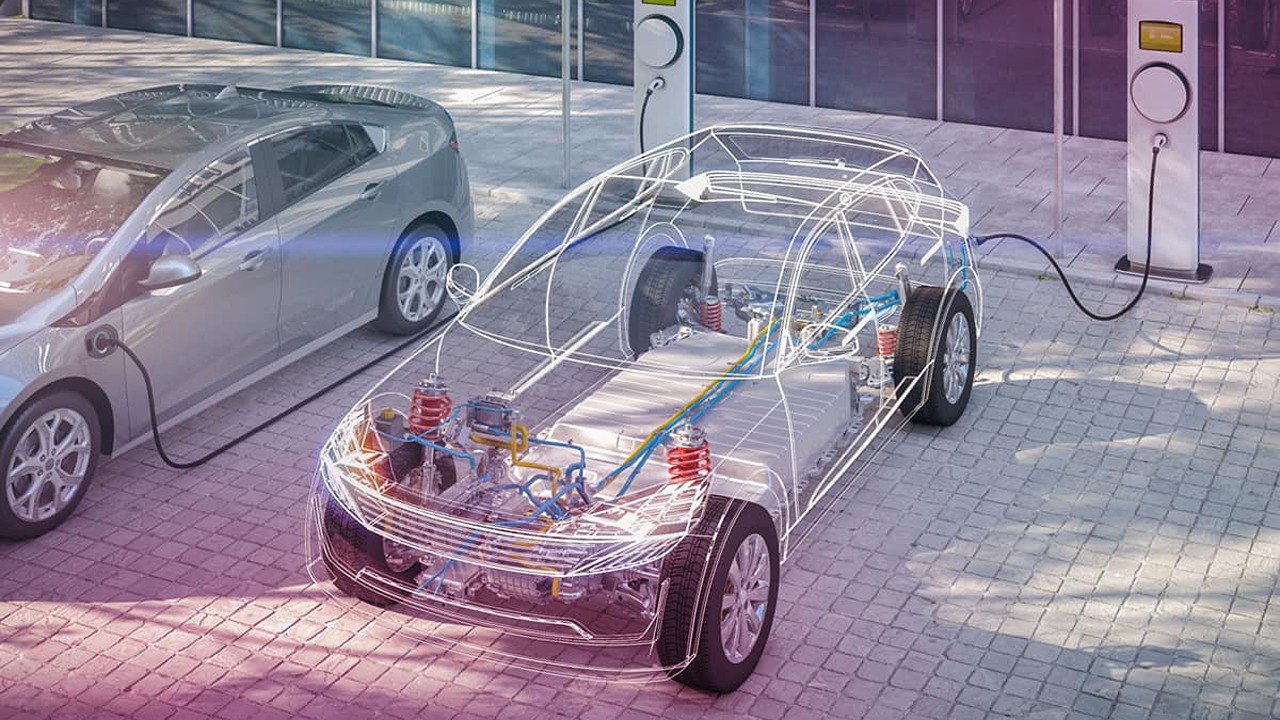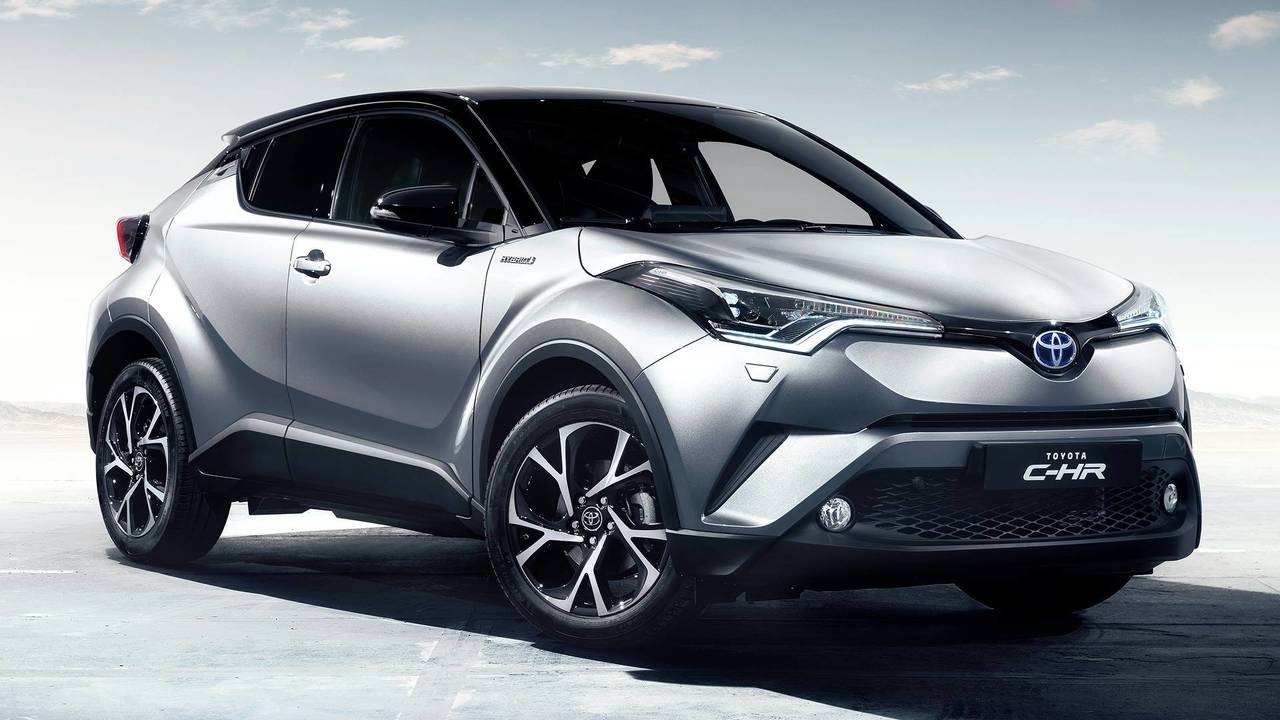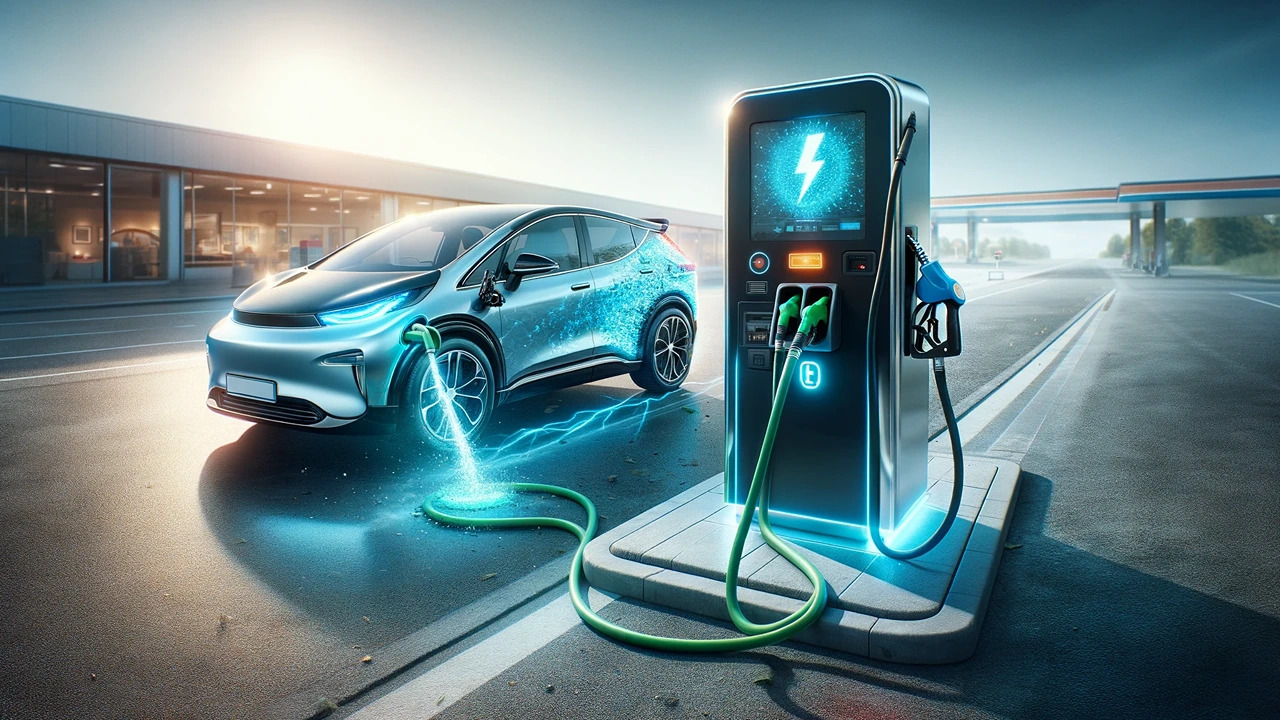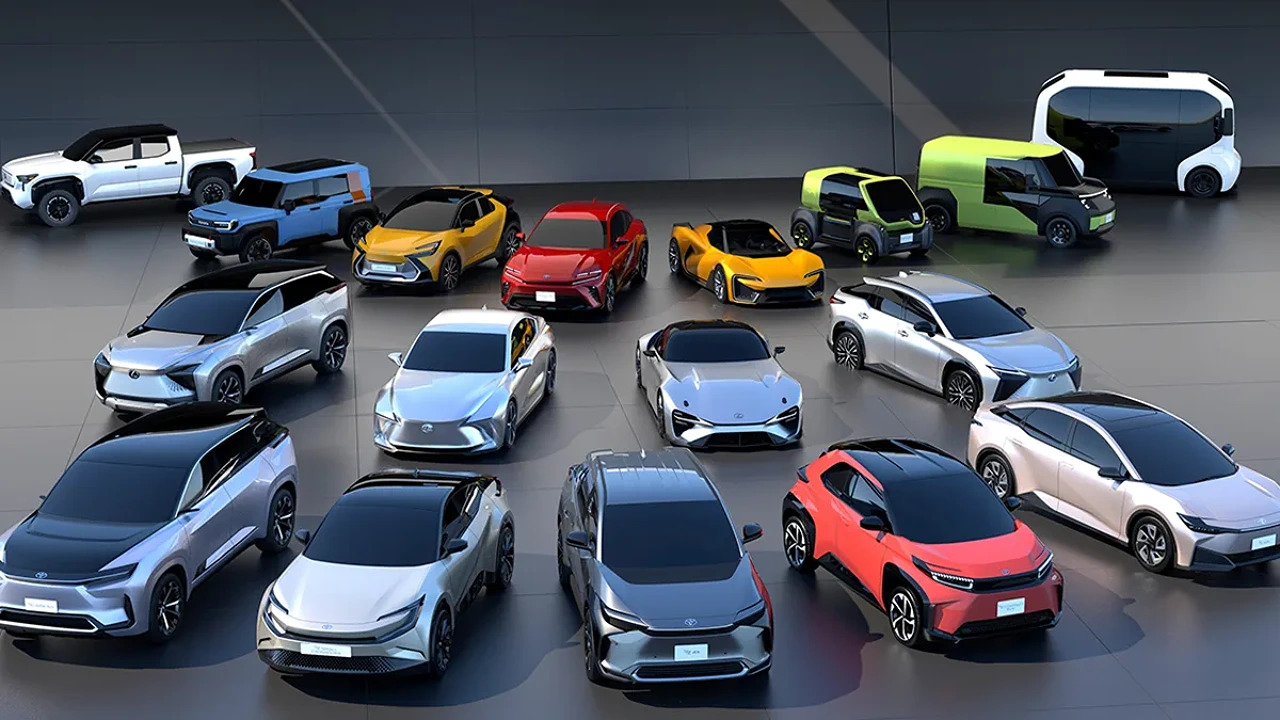While electric vehicles have now become a leader in the world automobile industry, why do you think the automobile giant Toyota does not take a step in this regard? There is more than one reason…
electric vehicles Discussions about it are increasing day by day. Believing that electric vehicles are not the final solution, Toyota also believes that electric cars will constitute a very small share of the market, despite the steps to be taken to encourage the growth of the automobile industry. So is it really so?
Although some markets have exceeded this percentage, Toyota A comprehensive strategy to reduce emissions plans to adopt. Do you think Toyota is right when it claims that sales of electric vehicles will remain at 30%?
It all started when Toyota’s chief executive, Akio Toyoda, expressed concerns about the feasibility of a rapid transition to electric vehicles.
In a statement on the subject, Toyoda said that electric vehicles “overrated” and noted that the lack of supporting infrastructure and high cost may hinder mass adoption of these tools. It is said that electricity demand and grid capacity will become more pronounced as the number of electric vehicles, which account for only 0.86% of registered vehicles in the US, increases.
While the availability of charging stations varies widely around the world, the scarcity of stations in developing countries means It is obvious that this is a significant obstacle for potential electric vehicle owners..
While it is stated that even developed countries need to invest in charging networks, according to the most conservative scenario, the EU will have at least 3 million devices in operation by 2030. to public charging station he will need it.
The United States may need to double power capacity by 2050 as electric vehicles will strain existing power grids.

This requires a significant increase in electricity production and significant investments in infrastructure. Numerous Integrating electric vehicles into the grid It is obvious that it will bring new challenges.
Fluctuations in charging patterns may strain the grid. Toyoda also stated that increasing grid flexibility to adapt to these fluctuations would require significant investments.
However, in some parts of Europe and Asia already high EV consumer demand It is obvious that a widespread transition to electric vehicles is still not sufficient due to this reason and the demands are putting “advanced networks” under pressure.
Toyota acknowledges that the transition to electric vehicles is an important step in reducing exhaust emissions.

He does, but he also argues that focusing only on electrical power is an incomplete perspective. The company thinks the real enemy is carbon, not internal combustion engines. This approach is particularly suitable for renewable in regions where the energy infrastructure is less developedhighlights the fact that the electricity that powers EVs often comes from fossil fuels.
Hybrid and hydrogen fuel cell technologies, to renewable energy infrastructure They believe that they offer a more holistic solution to the goal of carbon neutrality with the strategic investments made.
In fact, the only answer to our question is contained in a leaked document from Toyota.

This leaked document provided an important overview of electric vehicle production and sales strategies, while also showing why Toyota is in no rush for electric vehicles. This decision Toyota’s challenge to widespread adoption of electric vehicles It arises from three main challenges.
First, Difficulties in supplying critical minerals. There are concerns about the ability to meet demand for raw materials such as lithium and cobalt. Toyota believes its current supply chains are inadequate. He thinks this could potentially lead to shortages and price increases.
The second challenge is Reliability and standardization of charging infrastructure. Lack of public charging infrastructure, slow and broken chargers may deter potential EV buyers.
The third challenge is affordability. Despite subsidies and price reductions EVs generally remain more expensive than their gasoline counterparts and this makes them less accessible to a wider audience.
He has a rule for dealing with these!
Toyota, “1:6:90 rule” suggests. This rule suggests that the same amount of critical minerals required to make a single fully electric vehicle could instead be used to make 6 plug-in hybrids or 90 non-plug-in hybrids.
Widespread adoption of hybrids will have a significant impact on carbon emissions, even with smaller emissions reductions per vehicle, according to Toyota. will lead to a faster and more significant overall impact. This is Toyota’s alternative approach to achieving its sustainability goals.
If you thought the company would never produce electric vehicles, you were wrong.

Toyota is developing new generation batteries by focusing on different technologies in electric vehicles. The company aims to maintain its leadership in battery technology with liquid and solid electrolytes. New performance batteries planned to be used after 2026It was designed to be produced at 20 percent lower cost than the batteries in the bZ4X model and to be fast charged in less than 20 minutes. These batteries will also offer a range of more than 800 kilometers.
Moreover, Combining bipolar architecture with lithium-ion battery chemistryk develops high performance batteries. These batteries are designed to offer a range of more than 1000 kilometers with better aerodynamics and lower weight, and at lower cost.
They can be charged in less than 20 minutes and 2027-2028 It is anticipated that they will begin to be used in 2017.
Our other content related to automobiles:
RELATED NEWS
It Has Been Announced Which Car Models Are Most Used in Turkey: There Are Cars Over 20 Years Old
RELATED NEWS
The Interesting Story of the Banning of the First Cars Brought to the Ottoman Empire on the grounds that they were “Inventions of Infidels”
RELATED NEWS
Why is it important to change engine oil in cars, and when exactly should we change it?
RELATED NEWS
Why Did Koç Holding Stop the Production of Anadol, Turkey’s First Mass-Produced Domestic Car?
RELATED NEWS
Why Have We Never Seen the “Signature”, Introduced as “Turkey’s First Domestic Car”, on the Streets?
RELATED NEWS
